Restraint is a very important part of creative work: Prasoon Joshi
Prasoon Joshi, Chairman APAC and CEO & Chief Creative Officer, McCann Worldgroup India, who has been celebrated across India for his contribution to advertising, films and communications, was felicitated with a special award at the Abbys on Day 3 of Goafest 2018.
Recognising his unparalleled contribution to the world of Indian media, the special award is a reaffirmation of the advertising fraternity’s confidence that Joshi will take the power of creativity further and make it a part of the things that matter in a new and resurgent India.
In conversation with Adgully at Goafest 2018, Joshi, who was also a member of the Master Jury for the Abby Awards this year, spoke at length about the process of initiating the Master Jury, creativity and craft, at the crossroads of Artificial Intelligence and Data Analytics, nurturing talent for the industry and much more.
On Mastering the Jury
Joshi felt that the Master Jury was “a brilliant idea” because when one is in a fragmented jury, one does not get the overall idea of what is happening in the industry. He noted that the consumer did not see advertising in a silo, they didn’t compartmentalise when watching ads and saw it in a holistic way. “It’s the same while judging; when you see all the categories together, you are able to judge better. It is all about putting the consumer first. We do not wear a different hat when judging, it is all about the filters you have developed over the years. Hence, it is important to have the right-minded people in the room and the grind that they have gone through themselves to reach this position,” Joshi remarked.
Citing from his own experience, Joshi added, “I have chaired many juries around the world and I have always stated that it’s a signal to the youngsters that this is the kind of work you should be doing.”
He emphasised that jury members had a huge responsibility to judge the relevance, freshness and the futuristic part of a creative work, and this is where the experience comes into work. “When somebody says I have seen this before, and this has been tried before, you debate as to whether the work is repetitive or fresh. Overall, discussions play an important role in taking the final call,” he added.
On coming on board as part of the Master Jury, Joshi narrated, “When Ajay Kakar met me and mooted the idea of a Master Jury, I told him it was a great idea. Many people had been questioning about how the jury takes a call to award a particular a Bronze/Silver or a Gold. We should be able to tell them that these are the people who have judged your work. We are not the last word, but over the years we have gained respect due to our work and that is important.”
On Integrated Campaigns
He added that there were many suggestions and views after this year’s Jury meets. One of the main takeaways was regarding Integrated Campaigns. He pointed out that today when a client or a brand does a campaign, there are multiple stakeholders.
“Earlier, there was only one agency, but now you have a creative agency, event agency, media agency, digital agency and sometimes even a content writer who has contributed to the communication. So, when we look at the integrated communication of a brand, we need to award or at least mention every contributor who has contributed to the entire process. We have given this feedback that when somebody enters a work, they will have to mention every contributor, especially in an integrated scenario,” Joshi stressed.
On the Work that Impressed the Master Ad Man
Joshi mentioned here that the work that resonated with him this year was the Grand Prix film, ‘Kaveri’ done by Early Man Film for Reforest India. He had deep admiration for the sheer craft, which was able to convey what was written. “It was shot very well, edited brilliantly and had great music. Everything came together to make this film outstanding, especially in today’s world, where there is a fear with technology that is so rapidly changing creativity,” he remarked.
Continuing further on this, Joshi said, “Suddenly you have an App which amuses you and you might confuse it to be a great creative. Yes, there is a great idea there, but the craft, which is also an important part of creativity, has to be there. I am a great sucker for craft and I feel that there is a huge value for craft.”
He noted that after a point one might run out of amusement. Here, he recited a couplet by Firaq on love “Hazaaron baar zamana yahin se guzra hai, nayi nayi si hai teri raah guzar abhi bhi” (So many people have fallen in love, but why do I feel that it’s the first time), and stated, “that’s what a great creative mind does – writing the same thing which has been written so many times, but you have written it so differently that it feels new and fresh. Craft does that, craft has the ability and the power to say the same thing again and again, but when you look at it from a different vantage point and craft it differently with a fresh choice of words, it feels different and new.”
“That’s the reason why I liked ‘Kaveri’ as it has immense amount of craft. Even if you have heard it before, it sounds fresh and new due to the sheer craft and that’s the most important thing,” Joshi affirmed.
On Why He Has a Problem With AI
Joshi doesn’t eye to eye with AI (Artificial Intelligence). Yet. He acknowledged that AI has entered script writing today and that ‘Benjamin’ is the first non-human scriptwriter. He raised doubts on the creative originality and efficacy of an AI-based scriptwriter. He noted, “You will feed the AI with lots of scripts, the work done before and the AI will do permutation combinations and create a fresh script out of it. But as a creative person, you don’t venture into things you have never done before and no amount of permutation combination of things done before ever works.”
On his own journey into the creative world, Joshi said, “I came to the industry with no family background in films or advertising. I wasn’t sure if my kind of vocabulary in songs would work, but when I wrote ‘Rang De Basanti’, people just loved it and warmed up to it. Creative people themselves are on a journey trying to experience a new emotion. I am not the last word on it, but tomorrow AI could actually surprise us. But I feel that AI will find it difficult to touch upon an emotion which has never been touched before, that is why we as creative people are not about amusing people. I don’t do that. I am on a journey and in this journey the work you produce is actually a by-product, it’s not the product. The product is the journey, as long as you are involved there will always be a product.”
He maintained that when one is developing AI, they are constantly feeding it already expressed data. “AI’s ability to experience raw emotion the way a human being does will never happen. A raw emotion is what makes a human cry or laugh. This recreation of poetry into poetry, no poet does that,” he said emphatically.
He further pointed out that while data can analyse, it cannot touch raw emotions or strike a chord. “That’s the reason we need to understand that creativity is not a science, it’s an art, and data analytics is science. While science will go hand in hand with art, let’s not confuse it. Creativity will always remain an art,” Joshi stressed.
To Read More Visit Here.
He noted that big data today is used more for targeting and that the difference was like readymade garments vis-a-vis tailored garments. He added that today, it is possible to have tailor-made data as opposed to readymade data.
On Long and Short Formats
When asked about 6-second ads vis-a-vis long format ads and which worked better, Joshi felt that at times long formats were unnecessary, but were used just because one had the luxury of time. “Restraint is a very important part of creativity,” he remarked.
On His Own Work
While speaking on his huge repertoire of work, Joshi said, “All the work that I have done is close to my heart. Some campaigns, like the Radio Mirchi campaign, have been running for 13 years. Other notable campaigns include ‘Thanda Matlab Coca-Cola’, ‘Happydent’ and many more.”
Commenting on the much awarded Happydent campaign, Joshi said, “My heart and soul went into making the ‘Happydent’ ad. I used my singing, my music and of course, my writing. ‘Happydent’ was a fantasy ad, and I love this genre as my imagination can run wild, and Ram Madhvani achieved what I had conceived. All in all, it was a campaign which had a story, music, song, communication and the brand message was at the core. It was a very satisfying campaign.”
While speaking on the new Coke ad – ‘Har Rishta Bola’, Joshi mentioned that the ad that highlighted relationships was first created in China and then taken to other countries. But in India, it has a completely different connotation. “Here, you can call a friend a brother; or your father can be your friend. It’s a new take on relationships. I feel every brand has a certain sanction and if you are a fun brand, you should know how far you can go into a relationship. You can’t talk about an emotion where people will say that you have always made fun communication, so why all of a sudden you are talking about heavy emotions. Therefore, you need to know how much your sanction is. The new Coke communication is a beautifully poised sanction on relationships.”
On Nurturing Talen in the Ad Industry
Joshi lamented the fact the the advertising industry was not doing enough to nurture talent. “We are not training people enough, in fact the training of our creative people has declined today,” he added.
He reminisced about the time when he had joined Ogilvy, where he had gone through 6 months of rigorous training, where one had to read various documents and watch David Ogilvy’s ‘Magic Lanterns’ videos and write notes on it. “Nowadays we are not paying that kind of attention to train our creative talent,” he said.
When asked how the bigger agencies can course correct and train talent, he agreed that the industry needed to do more in this regard. Speaking about the measures taken by McCann Worldgroup, Joshi mentioned that the agency has started an incubation movement, where it has set up a team that will identify and take in raw talent from the colleges and universities. “We, the larger agencies and establishments, have a responsibility to incubate more and more talent and train them for the industry,” he concluded.
To Read More Visit Here.


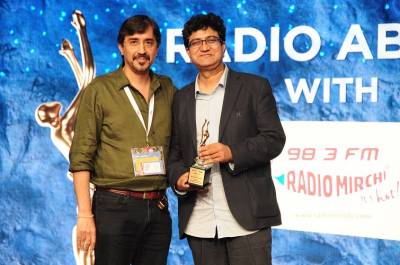

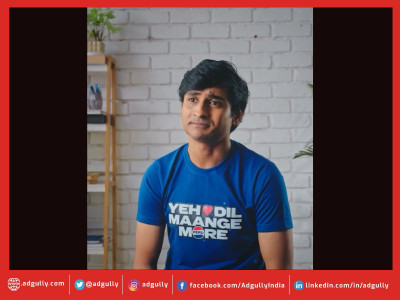
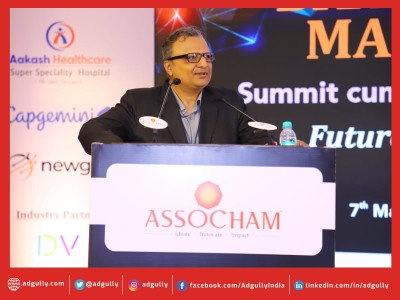

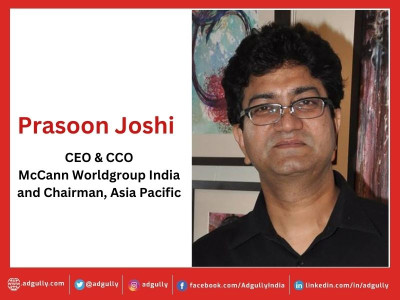
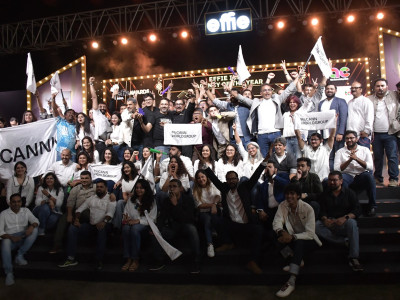

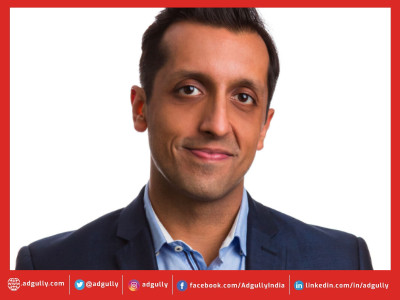


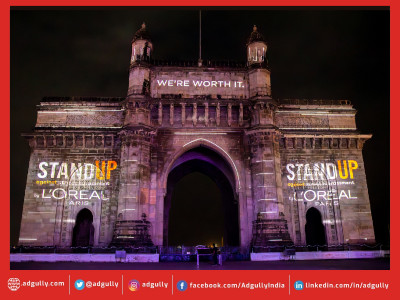
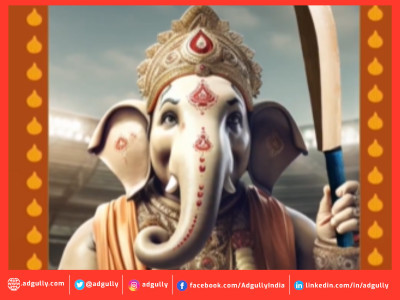

Share
Facebook
YouTube
Tweet
Twitter
LinkedIn